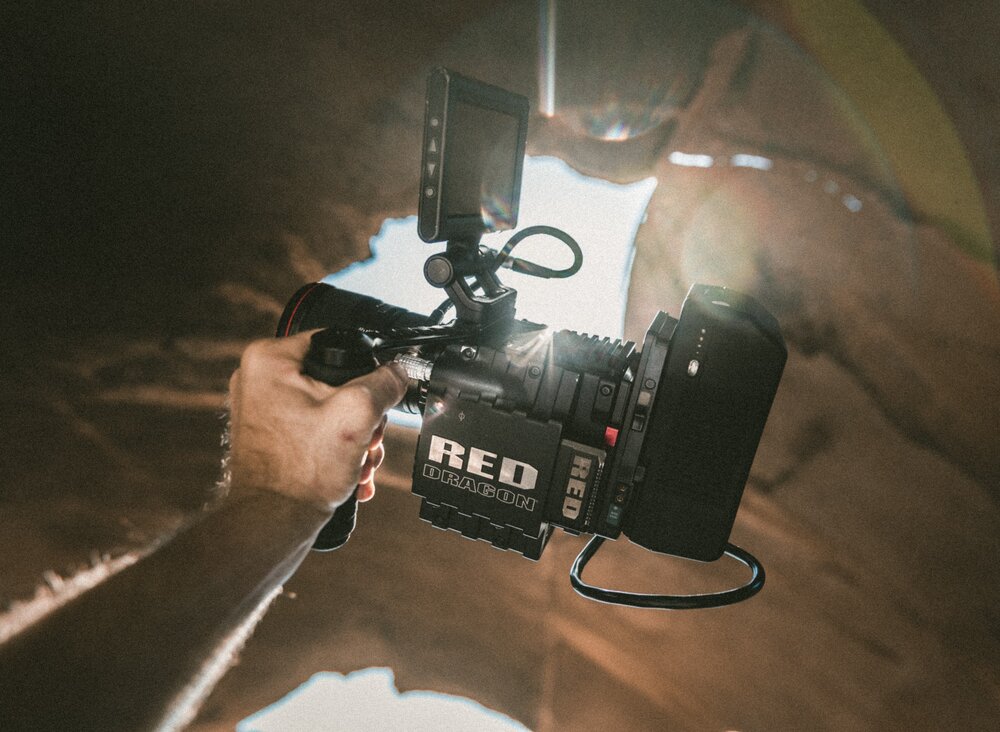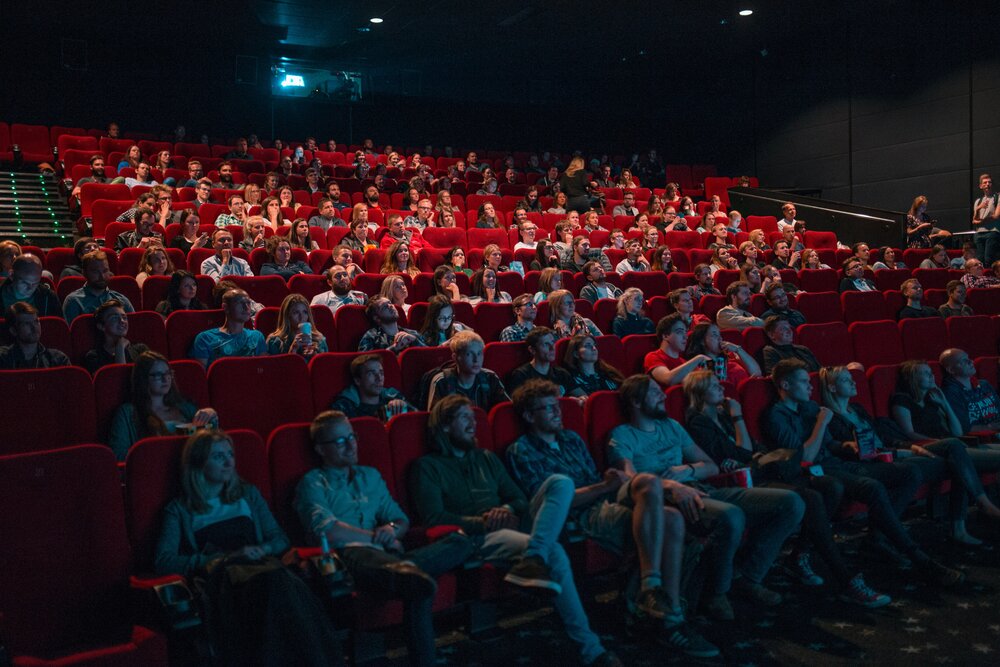
Image: https://ift.tt/3fJlVcz
The Changing Trends Of Film Making Industry To Know About
Film production is both a business and an artistic endeavor. It constantly changes and develops, integrating new methods, discarding obsolete ideas, and reviewing trends to revive previous approaches. The present state of the film business, which includes higher production and marketing expenses and decreased theater attendance, frequently sets the bar for the films that major studios are prepared to spend in.
Assume you're a director of cinematography. Do you want to create big studio blockbusters or indie films? Are you looking for a conventional length film or something longer? Filmmakers must now examine how many factors, such as television vs. movie theaters, streaming platforms, film infringement concerns, cinematographic innovations, and micro-cinema choices, are affecting the film business.
Most filmmakers need to look at the present state of the business and the trends and developments influencing it. Read on to understand more about the latest trends emerging in the filmmaking business.
What are the changing trends of the filmmaking industry?
Trends have two significant impacts in every industry: they establish the feel of a specific period and stimulate innovation that lasts into subsequent eras. These new methods give today's art a unique appearance, sound, and feel in a thriving cinema business. These trends are being pushed forward by fast-emerging technology, altering the way people think about filmmaking. Here, you will look at some of the most critical trends and methods that are presently influencing how people watch movies:
1. Instant feedback
People in the film business must always be on top of their game. Consumers may quickly express their opinions on anything film-related thanks to texting, status updates, and newsgroups all over the internet. This may have a significant impact on a recently released film's success. To alleviate the stress on film releases, many movie makers have started the trend of vaping. They use top selling salt nic juice for their vaping gear, which helps them destress and relax after consuming.
Rather than waiting for a commercial journal or newspaper to publish a movie review, regular individuals may post their thoughts on the internet right after leaving the theater. This may either promote or discourage people from seeing a specific film. In any event, this may have a long-term impact on a film's overall performance.

Image: https://ift.tt/3jGVDsp
2. Streaming is gaining popularity:
When it comes to film distribution, the act of viewing a movie via the internet, often known as online streaming content, is showing to be the next greatest thing. There will be no more costly excursions to the movies, where the snack is frequently more expensive than the film itself. Furthermore, there is no need to purchase costly extra content DVDs that are only played on certain Blu-ray players.
With the rise in online streaming services like Netflix, Amazon, and Hulu, it's essential than ever to get expertise on the management side of video streaming. Learning this new technology as a filmmaker may help you advance in your career.
3. Diversity is celebrated and included:
The world is witnessing an increase in cinematic diversity, possibly due to social criticism in business. The movie market is becoming more multicultural, leading to more incredible innovation and adaptability in producing films.
The film industry is becoming versatile, from portraying female leads in male-dominated roles to integrating cultural diversity. Such diversity is shown in movies like Moonlight, which features a young, homosexual black man as the protagonist. The 2016 Ghostbusters revamp featured an entirely female cast, and the Ocean's Eight highlighted an exclusively female leading lineup in a franchise that male stars have traditionally dominated.

Image: https://ift.tt/3jLCbeq
4. Shots with a hand cam:
Found tape, also known as handheld footage, has been famous in independent films and horror films that seek to offer viewers a little off-kilter experience, evoking the creepy emotions associated with thrillers. Films like Paranormal Activity, Cloverfield, and thriller Chronicle include famous handheld cinematography.
On the other hand, the film industry has embraced handheld choreography into different categories, offering directors and filmmakers new opportunities to approach conventional filmmaking in novel ways. Handheld shots emphasized the themes in the 2012 comedy Project X. TV programs like The Office have established a new method of viewing television by simply using handheld shots to lend a touch of realism to their storylines and characters.
If you're studying filmmaking, be sure to soak up as much information as possible. This way, when you first join the industry and begin your career, you will be at the top. Because of the ease with which views are shared across the globe online, producing low-quality videos from the start may be harmful to your image and future job prospects.

Image: https://ift.tt/2K7KTnn
In conclusion
While technology has changed the filmmaking paradigm, it also provides a chance for time-honored business structures to unwind and better handle the demands of the digital age. After the fundamental changes in content delivery and on-demand viewers, streaming has become a requirement. The trends may take time and patience to navigate, and they may put conventional methods of creating, distributing, and selling material to the test. Companies from the media and entertainment industries that recognize the benefits of change and the need to think outside the box may be empowered to help shape the rapidly coming future.
from Review Blog - Every Movie Has a Lesson https://ift.tt/3xzyjSo







No comments:
Post a Comment